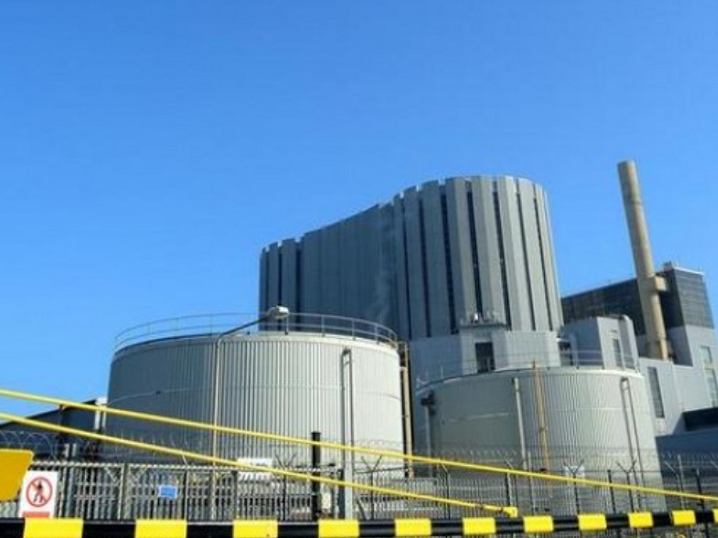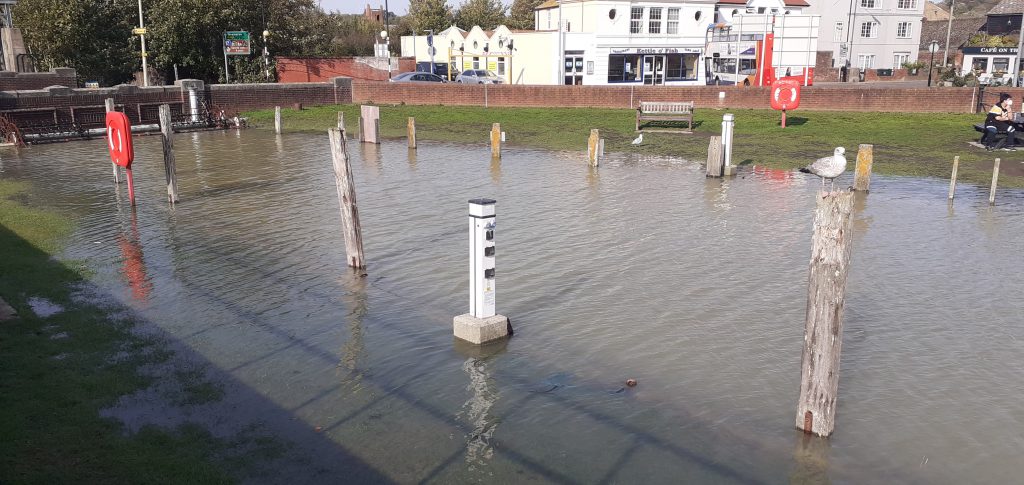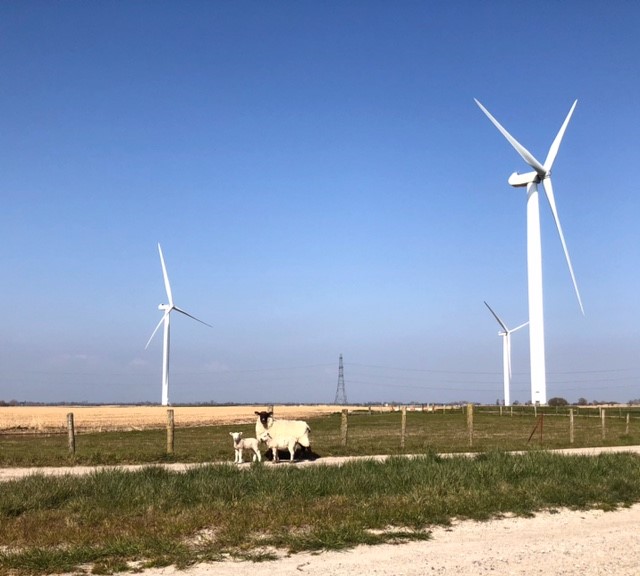Back in the 1970s, this country was largely dependent on the Middle East for its oil supplies. North Sea oil had not yet come on stream to the extent that it did in later years. This was fine until the oil-producing countries decided to reduce production and institute a massive hike in the price. The result was starvation of our main source of power.
From cars (petrol was effectively rationed by filling stations) to power stations which were turning from coal to oil, supplies were limited. Electricity production was cut, industry was unable to operate efficiently and, in order to conserve what power we had, a three-day working week was imposed along with rolling power cuts to homes and businesses. It was a disaster, not just for industry but also for the government and the economy of a country still recovering from the cost of the second world war and very much in the grip, at that time, of over-powerful trades unions.
Since then much has, of course changed. Oil is slowly being phased out as a major power source and renewable sources are coming into play to a greater extent as the years go by.
However, governments of all political hues have short memories and politicians seem incapable of ever learning from history.

We are moving over to an electric world where everything from transport to industry to heating our homes will be driven by the magic invisible power of electricity. All good, one might think: it is clean, harmful emissions will be reduced and we can all bask in the comfortable knowledge that we have saved the planet both for us and future generations.
As with most things, however, it is not as simple as that. Electricity has to be made – generated – and as its uses continue to diversify it will be required in ever-increasing quantities. Renewables such as wind farms and solar are certainly playing an increasing part in this, but one of the main generating power sources is gas, responsible for around 25% of all UK-produced electricity.
Some of the gas we use comes from our own North Sea fields, of the rest, a major contributor is Norway, some comes either directly or indirectly from Russia and some is imported in liquefied form from the Middle East. In addition, we import ready-made electricity via cross-Channel cable from France. The vast majority of our power, or the means of producing it, therefore comes from sources beyond our control and on whose goodwill we depend for continuation of supply. So despite the move from coal to oil to, largely, gas, little has changed with the security of supply in the 50 years since the oil crisis.
A few years ago, in an attempt to pressurise Ukraine into pulling back on its links to western Europe, Russia cut off that country’s gas supply. A number of other European countries also imported large quantities of Russian gas and suddenly found their supplies cut as a result of this action. Of course Russia protested that it wasn’t their fault and if Ukraine would pay its bills on time, this sort of thing would not happen. In reality, of course, the Kremlin knew exactly what would happen if they switched off the gas and this was a less than subtle message to the West not to meddle in the Russian sphere of influence, i.e. EU keep your hands off Ukraine.
Now we have, potentially, 1973 all over again. The demand for gas has increased as we recover from the pandemic, and to the point where there is not enough to go round. As a result the law of supply and demand has kicked in and prices have increased dramatically. Some industries, dependent on gas, are finding it difficult or impossible to continue operations and as a result the continued supply of various products, food being the most important, is threatened.
This could easily be resolved by Russia increasing their supply. It is available and the means are there to do this, however just like the Arab states 50 years ago, Russia has decided to let Europe sweat, at least for the moment. But the danger is not just to gas supply. If the French find their own ability to produce electricity compromised they will want to use everything they have, and with the entente cordiale stretched to its limit at the moment, it is likely that the increasingly anglophobic President Macron would have little hesitation in stopping the cross-Channel supply on the basis that it was needed in France first.

Following WWII, during which the UK came close at one point to being starved into submission, the government adopted the policy of providing the necessary financial and planning incentives to farming to ensure that all the essential foodstuffs to feed the entire nation could be home-produced. That policy has long gone and shows no sign of returning, but should we not now be considering with more urgency than any government has shown to date, the adoption of that same post war policy but towards energy?
It should be relatively easy to increase the quantity of wind farms and solar arrays, and surely water power could be better harnessed. Round these islands we have strong currents and a large tidal range – in Rye, for example, 4 to 5 metre tides are the average and happen twice every 24 hours and anyone who has watched the current flowing under Monkbretton Bridge will be in no doubt about its strength. There surely must be a case for local water-powered turbines. Even when the wind is insufficient for the Cheyne Farm wind turbines, the tidal currents will keep flowing. It should be possible to take small towns such as Rye off the national grid for most of the time, thus releasing power for industry as well as the big cities who could not be expected to produce sufficient for their own needs.
Thinking of small, what about mini nuclear power stations? The MP for Folkestone and Dungeness is already suggesting that, following the decommissioning of the Dungeness B nuclear plant, it could be replaced by one or more small nuclear powered plants similar, for example, to those used in the Royal Navy’s nuclear submarines.
The mere mention of the word nuclear will, of course, have the green lobby throwing up their hands in horror and probably supergluing themselves to the pebbles of Dungeness, but this is practical and available technology capable of providing a level of power out of all proportion to the size of the generating plant. It would also be far cheaper and quicker to implement than a standard nuclear power station, as well as producing less waste.
So here in Rye we have wind, a large area of marsh available for solar panels, potential tidal power and an answer to the decommissioning of Dungeness B. We could produce more than enough power for the needs of this whole area and if this policy were to be followed throughout the country, not only would our energy be clean and largely emission-free, but we would no longer be at the mercy of foreign suppliers who are beyond our control.
Image Credits: Annie Dawkins , EDF Stakeholder Newsletter , Heidi Foster .



